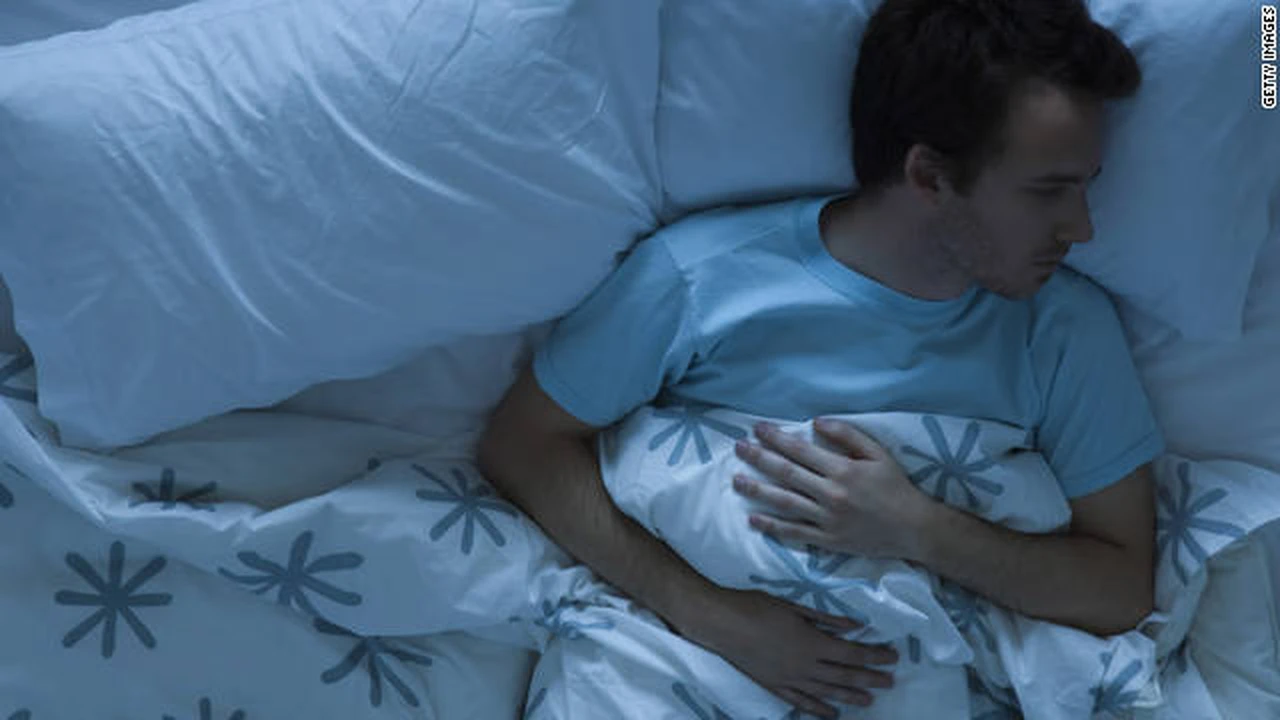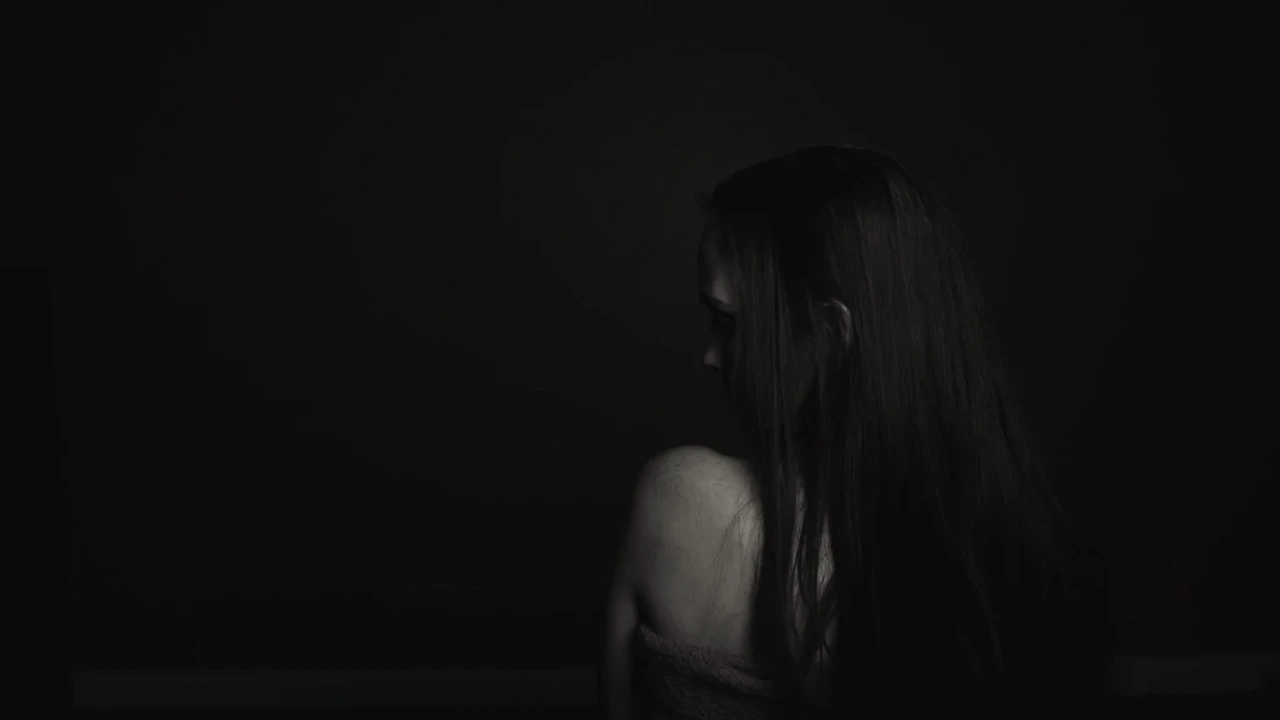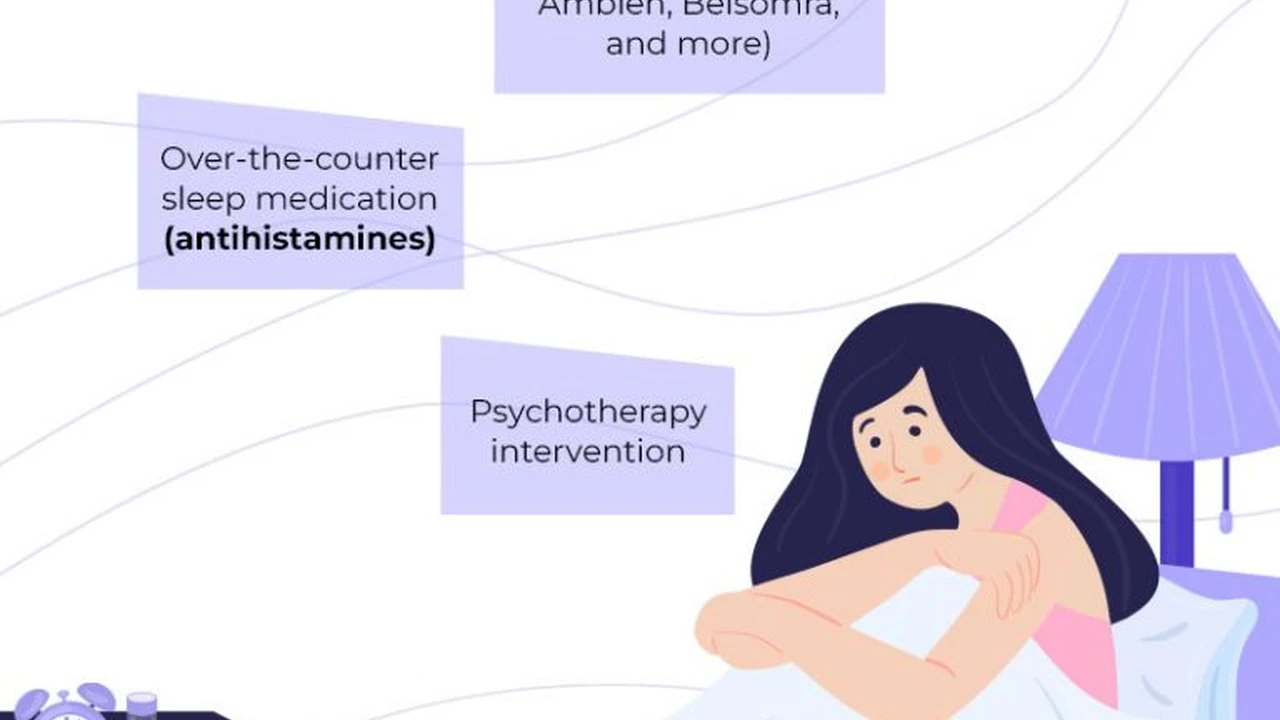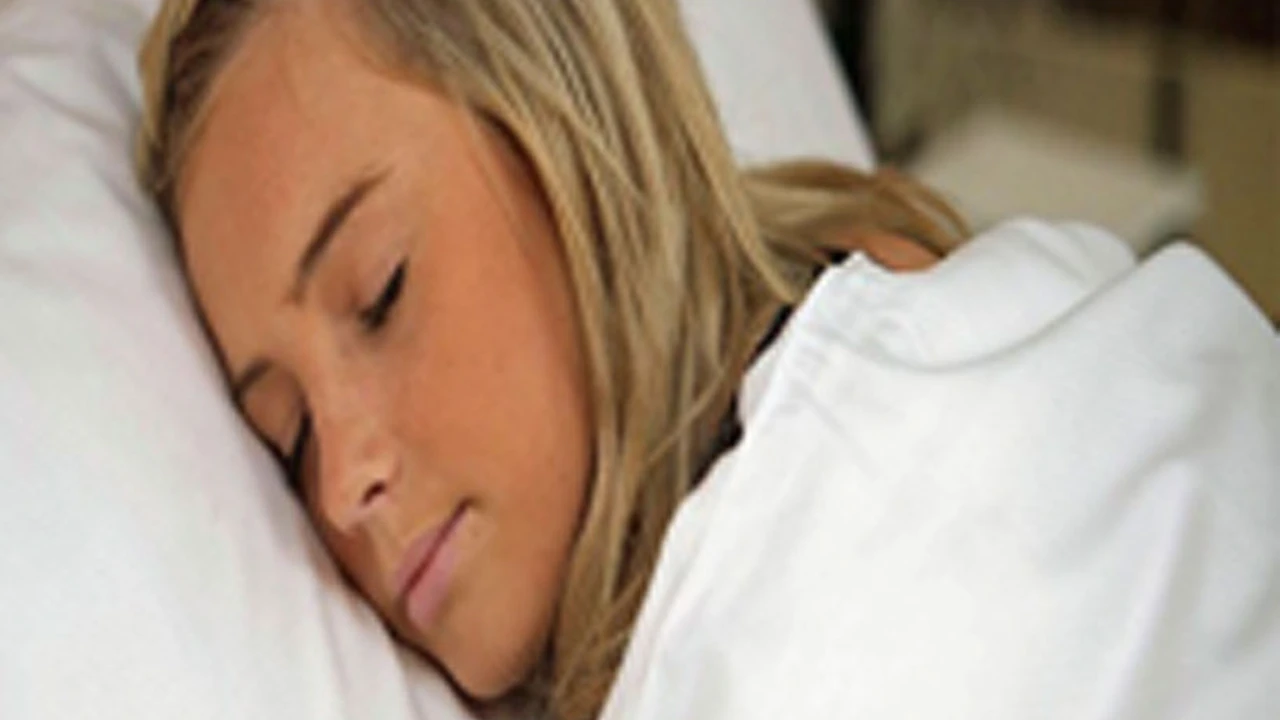Sleep and Borderline Personality Disorder (BPD): Managing Emotions
Sample meta description.
: Managing Emotions.webp)
Understanding the Complex Relationship Between Sleep BPD and Emotional Regulation
Okay, let's dive into something that's probably affecting way more people than we realize: the connection between sleep, Borderline Personality Disorder (BPD), and those rollercoaster emotions. It's a tangled web, for sure, but understanding how these things influence each other is the first step to, well, feeling a little less like you're on a runaway train.
BPD is characterized by intense and unstable emotions, impulsive behaviors, and difficulties in relationships. These are all things that can seriously mess with your sleep. Think about it: if you're constantly battling anxiety, fear of abandonment, or just plain old rage, it's going to be hard to wind down and get a good night's rest. And the lack of sleep? That just fuels the fire, making those BPD symptoms even worse. It’s a vicious cycle, folks.
So, what's the science behind it? Well, sleep deprivation messes with your brain chemistry. It throws off your levels of neurotransmitters like serotonin and dopamine, which are crucial for mood regulation. When you're sleep-deprived, your amygdala (the part of your brain that processes emotions) becomes hyperactive, making you more reactive to negative stimuli. Meanwhile, your prefrontal cortex (the part of your brain that helps you make rational decisions) gets sluggish, making it harder to control those impulses and emotional outbursts. Basically, you're running on fumes, and your brain is not functioning at its best.
The Impact of Sleep Deprivation on BPD Symptoms Anxiety Depression and Irritability
Let's get specific. How does sleep deprivation actually worsen BPD symptoms? Here are a few key ways:
- Increased Emotional Reactivity: Remember that hyperactive amygdala? When you're tired, even small things can trigger intense emotional reactions. That comment your friend made? Suddenly it feels like a personal attack. That minor inconvenience? It's the end of the world.
- Worsened Impulsivity: That sluggish prefrontal cortex makes it harder to think before you act. You might find yourself engaging in impulsive behaviors like reckless spending, substance abuse, or self-harm. The consequences can be devastating.
- Difficulties with Emotional Regulation: Trying to manage your emotions when you're exhausted is like trying to herd cats. You're already struggling with emotional instability due to BPD, and sleep deprivation just throws gasoline on the fire. You might find yourself lashing out at loved ones, having difficulty calming down after an emotional episode, or feeling overwhelmed by even the smallest tasks.
- Increased Anxiety and Depression: Sleep deprivation is a major trigger for both anxiety and depression. It can exacerbate existing symptoms and make it harder to cope with everyday stressors. You might find yourself feeling hopeless, irritable, and constantly on edge.
- Relationship Difficulties: All of these factors combined can wreak havoc on your relationships. Your emotional reactivity, impulsivity, and difficulty regulating emotions can lead to misunderstandings, arguments, and ultimately, strained relationships.
Practical Strategies for Improving Sleep Quality When Living with BPD
Okay, so we know that sleep is crucial. But how do you actually get good sleep when you're dealing with BPD? It's not always easy, but it's definitely possible. Here are some strategies that can help:
- Establish a Consistent Sleep Schedule: This is Sleep 101, but it's especially important for people with BPD. Go to bed and wake up at the same time every day, even on weekends, to regulate your body's natural sleep-wake cycle.
- Create a Relaxing Bedtime Routine: Wind down before bed with relaxing activities like taking a warm bath, reading a book (a *physical* book, not an e-reader!), listening to calming music, or practicing gentle stretching. Avoid screen time for at least an hour before bed. The blue light emitted from screens interferes with melatonin production, making it harder to fall asleep.
- Optimize Your Sleep Environment: Make sure your bedroom is dark, quiet, and cool. Use blackout curtains, earplugs, or a white noise machine to block out distractions. A comfortable mattress and pillows are also essential.
- Practice Relaxation Techniques: Techniques like deep breathing, progressive muscle relaxation, and mindfulness meditation can help calm your mind and body before bed. There are tons of free guided meditations available online.
- Limit Caffeine and Alcohol: Caffeine is a stimulant that can interfere with sleep, so avoid it in the afternoon and evening. Alcohol may initially make you feel sleepy, but it disrupts sleep later in the night.
- Exercise Regularly: Regular exercise can improve sleep quality, but avoid intense workouts close to bedtime.
- Consider Cognitive Behavioral Therapy for Insomnia (CBT-I): CBT-I is a type of therapy that helps you identify and change thoughts and behaviors that are interfering with your sleep. It's a highly effective treatment for insomnia.
- Talk to Your Doctor: If you're struggling with sleep problems, talk to your doctor. They can rule out any underlying medical conditions and recommend appropriate treatment options. They can also help you determine if medication is necessary.
Specific Product Recommendations for Better Sleep for BPD Sufferers
Alright, let's get practical. Here are some specific products that can help improve your sleep if you're struggling with BPD. Remember, everyone is different, so what works for one person may not work for another. It's all about finding what works best for you!
Sleep Masks for Light Sensitivity
If you're sensitive to light, a good sleep mask can be a game-changer. The Manta Sleep Mask is a popular choice. It's designed to block out 100% of light and is adjustable for a comfortable fit. It's a bit pricier (around $35-$45), but many users swear it's worth the investment. A cheaper alternative is the Alaska Bear Natural Silk Sleep Mask (around $10-$15). While it may not block out quite as much light as the Manta, it's made of soft silk and is very comfortable to wear. Use it in any situation where light is a problem - travelling, daytime naps, or just a brightly lit bedroom. The Manta is better if you need complete darkness, while the Alaska Bear is a good budget-friendly option.
White Noise Machines for Sound Sensitivity Anxiety and Sleep Improvement
If you're easily disturbed by noise, a white noise machine can help mask distracting sounds and create a more relaxing sleep environment. The LectroFan White Noise Machine is a popular choice. It offers a variety of different white noise sounds, as well as fan sounds and ocean sounds. It costs around $50-$60. A more budget-friendly option is the Marpac Dohm Classic White Noise Machine (around $30-$40). It produces a natural, consistent white noise sound and is very easy to use. Use it in your bedroom to block out street noise, noisy neighbors, or a partner who snores. The LectroFan offers more sound options, but the Marpac Dohm is a classic for a reason - its natural sound is very effective. Consider a white noise app on your phone if you want to try it out before investing in a machine.
Weighted Blankets for Calming Anxiety and Promoting Relaxation
Weighted blankets can provide a sense of comfort and security, which can be especially helpful for people with anxiety and BPD. The Gravity Blanket is a well-known brand (around $200-$300). It's designed to provide gentle, even pressure that mimics the feeling of being hugged. A more affordable option is the YnM Weighted Blanket (around $50-$100, depending on size and weight). It's available in a variety of different weights and sizes, so you can find one that's right for you. Use it while you're watching TV, reading a book, or trying to fall asleep. The Gravity Blanket is known for its high-quality materials, but the YnM offers a similar effect at a lower price point. Make sure to choose a weight that's appropriate for your body weight (usually around 10% of your body weight). Start with a lighter weight if you're unsure.
Essential Oil Diffusers and Aromatherapy for Sleep and Mood
Aromatherapy can be a relaxing and soothing way to promote sleep and improve mood. An essential oil diffuser disperses essential oils into the air, creating a calming atmosphere. The InnoGear Essential Oil Diffuser is a popular and affordable option (around $15-$25). It's easy to use and features a variety of different light settings. For essential oils, lavender, chamomile, and sandalwood are known for their calming properties. A set of essential oils from Plant Therapy (around $20-$30) offers a good variety of high-quality oils. Use the diffuser in your bedroom or living room to create a relaxing environment. Experiment with different essential oil blends to find what works best for you. Be sure to use pure, therapeutic-grade essential oils. Some people are sensitive to essential oils, so start with a small amount and monitor your reaction.
Smart Lighting for Circadian Rhythm Regulation and Improved Sleep
Smart lighting can help regulate your circadian rhythm and improve sleep quality by mimicking the natural changes in sunlight throughout the day. The Philips Hue White Ambiance Starter Kit (around $70-$100) is a popular choice. It allows you to control the color and brightness of your lights from your smartphone or voice assistant. A more affordable option is the Sengled Smart LED Soft White A19 Bulb (around $10-$15 per bulb). It's compatible with Alexa and Google Assistant and can be controlled with voice commands. Use smart lighting to create a relaxing bedtime routine by gradually dimming the lights and setting them to a warm, amber color. In the morning, set the lights to a bright, blue-toned color to help you wake up and feel more alert. Smart lighting can be a bit of an investment, but it can have a significant impact on your sleep quality.
Remember to always consult with a healthcare professional before making any significant changes to your sleep routine or trying new products, especially if you are taking medication or have any underlying health conditions. Finding what works best for you is a journey, not a destination!
:max_bytes(150000):strip_icc()/277019-baked-pork-chops-with-cream-of-mushroom-soup-DDMFS-beauty-4x3-BG-7505-5762b731cf30447d9cbbbbbf387beafa.jpg)






